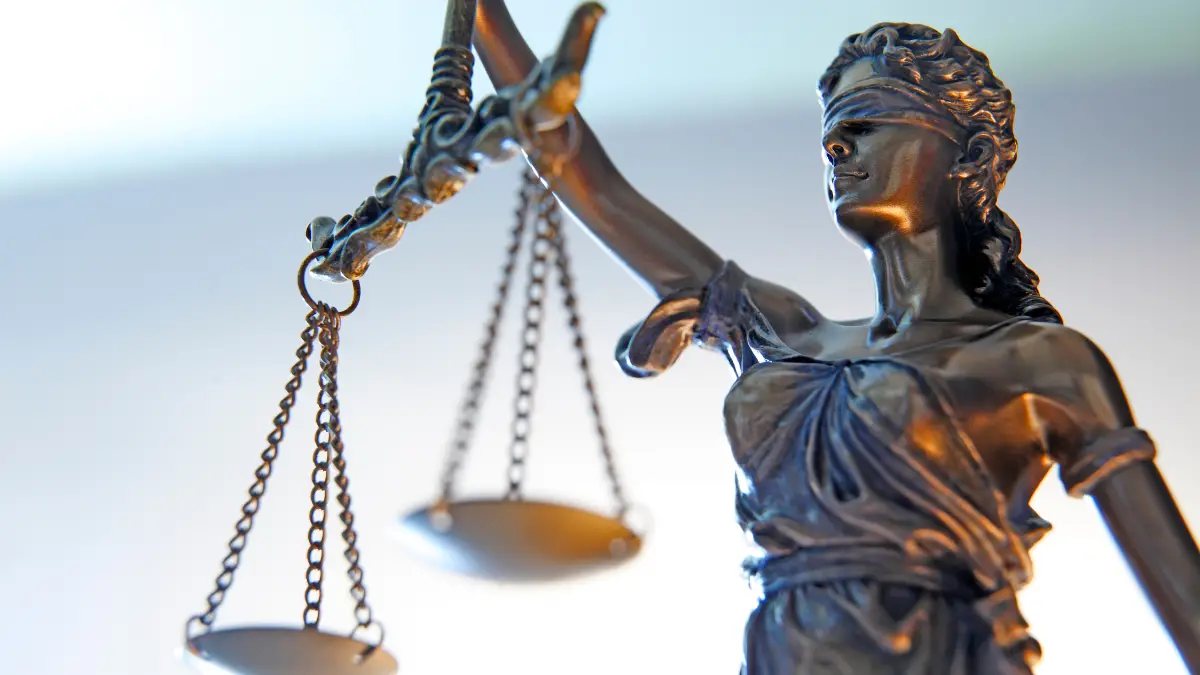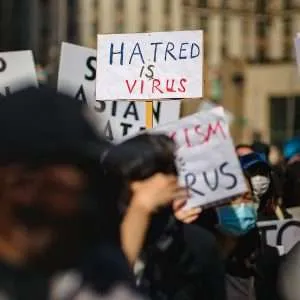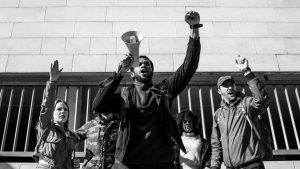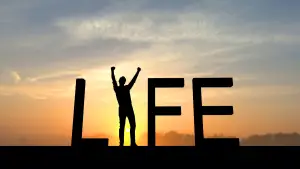Editorial Note
Thank you to our generous sponsors, Sociologists for Women in Society, Center for Equity Education, American Sociological Association’s Section on Sociological Practice & Public Sociology, Hartman Castle Preservation Corporation, Island Acres Resort Motel, Alpha Kappa Delta, Pacific Sociological Association, and the Association for Applied & Clinical Sociology for helping us make Applied Worldwide’s 2024 “Why is Sociology Important?” student essay competition a success!
This essay on sociology and law has been published on behalf of Applied Worldwide’s 2024 Global Student Essay Competition. For the 2024 competition, we awarded 16 student essayists across six countries and will be sharing each winning essay in our “Why is Sociology Important?” essay collection.
This sociology essay was written by Sarah Daniel, a third year law student from Gombe State University in Nigeria, and earned a 1st place prize in the competition.
Sociology and Law: Towards an Equitable Legal System, Sarah Daniel
The concepts of power dynamics and inequality are critical issues in our legal system that are best understood when explored from a sociological standpoint. The term “power dynamics” as it would be used in this context describes the uneven distribution of power, influence and resources in the legal system, leading to systemic disparities and injustices. These imbalances and inequities affect access to justice for both marginalized individuals and communities, due to factors such as gender, class and race.
The American Sociological Association (ASA) aptly defines sociology as “the study of human social behavior, relationships, and institutions.” Its wide-ranging scope rests on subjects like social inequality, crime and deviance. Sociology is therefore important in analyzing the impact of these social constructs on our legal system. Sociologists are saddled with the duty of unscrambling patterns of inequality that disadvantages certain groups in their pursuit of justice. They juxtapose how the results of race, class and gender intersect with power dynamics within our legal institutions. Due to sociology’s in-depth examination of these social norms, it is positioned as a helpful tool in effecting change towards a more equitable and just legal framework.
Sociological View on Power Dynamics in the Legal System
From a sociological perspective, the concept of power dynamics focuses primarily on how power is distributed within the structures of the law. It looks at how different groups in our society coexist with each other and how their interactions influence the people who hold power and how it is being exploited. From this standpoint, we examine how such factors play an important role in adjudging the experiences people have with the law. Looking at these issues from a sociological perspective helps one to recognize that many factors influence people’s identities, and the fact that these intersecting identities can lead to inequities in how they are treated within the confines of the legal system.
Some sociological theories that analyze the existence of these inequalities in our various legal systems includes Critical Race Theory (CRT), Conflict Theory, Feminist Theory, Intersectionality Theory and so on. Firstly, within the framework of our legal systems, CRT has proven effective in exploring how racial minorities are disproportionately affected by laws or court decisions. Studies have shown that people of colour have the tendency of being arrested and receiving harsher sentences when compared to their white counterparts.
Secondly, conflict theory comes to play in analyzing how powerful interests, such as wealthy individuals and corporations take advantage of their superior status in influencing the outcomes of legal decisions and policies. It examines how they strive to maintain their status and advantage over marginalized groups. Feminist theory on the flipside serves as a lens in understanding how gender biases and stereotypes affect legal proceedings and outcomes. These theories and many more are analytical tools that aides us in understanding how the louds and softs of power and identity intersect within our legal system. By effectively putting them to use, sociologists and indeed those in the legal profession can better address the systemic injustices that impact individuals’ encounters with the law.
Race and Access to Justice
In the process of examining disparities such as arrest rates, sentencing variations and access to legal representation, studies have consistently revealed that there is a significant difference based on race. People of colour, especially Black and Latino persons, are subjected to harsher sentencing and higher arrests rates. In the same vein, those from marginalized communities are often left behind in accessing legal representation, resulting in unfair treatments.
A 2014 University of Michigan Law School study, for instance, found that all other factors being equal, black offenders were 75 percent more likely to face a charge carrying a mandatory minimum sentence than a white offender who committed the same crime. Similarly, according to World Prison Brief, the United States currently houses the world’s largest prison population, with an imprisonment rate of about 666 inmates per 100,000 people. Among whites however, the rate is 450 inmates per 100,000 people. Overall, imprisonment rate for blacks is over five times higher, at 2,306 inmates per 100,000 people.
In the legendary case of McCleskey v. Kemp (1987), it happened that despite the statistical evidence that demonstrated racial disparities in the state’s capital punishment system, the court ruled against a black man who was on death row. The Court concluded that proof of racial bias in an individual case is not enough to overturn a death sentence.
Sociologists therefore focus on studying systemic racism within the legal system to understand how these disparities stem from entrenched prejudices and discriminatory practices. They examine how decision-making processes in the criminal justice system at various stages is influenced by institutional racism, structural inequality and implicit biases.
Racial socialization plays a role in perpetuating these differences. Individuals from minority backgrounds may begin to develop and grow a negative view of their race. This reflects how they perceive themselves and interpret their experiences with the system. Treating individuals differently because of race, otherwise known as racial profiling, further exacerbates these differences. Such discriminatory practices undermine an individual’s trust in the justice system.
In sum, it is important for judges and lawyers to understand complex web of racial socialization and racial profiling. It makes judges conscious of these disparities and their own sentiments while delivering judgment and in turn, help address these disparities in accessing justice. Such efforts aim to promote an inclusive legal system towards achieving a just and equitable society.
Gender, Power, and Justice
“Laws, policies and institutions are articulations of the gendered inequalities, stereotypes, norms and values that are prevalent in cultures and societies. Criminal law and procedure are no exception” (United Nations, 2018). An analysis of sociological studies reveals the prevalence of gender bias in legal proceedings, where stereotypes and preconceived notions about women’s capabilities and credibility can influence judicial decisions. Accordingly, it is important to recognize that criminal codes can be inherently discriminatory towards women. Some laws are discriminatory by:
- Criminalizing forms of behaviour that are not criminalized or punished as harshly if they are performed by men, like premarital sex and adultery.
- Failing to criminalize or to act with due diligence to prevent and provide redress for crimes that disproportionately or solely affect women (e.g., intimate partner violence and Female Genital Mutilation).
In the famous case of Bradwell vs Illinois (1873), where a woman was denied admission to the Illinois bar because of her gender, the US Supreme Court stated that women were not intended to pursue a career in law. Justice Joseph P. Bradley wrote in his concurring opinion that the decision to exclude women was based on a “maternal function”.
Testimonies given by women also have the tendency of being discounted in the courtroom. Men are believed to be more credible even though statistically men are more likely to lie than women. A meta-analysis on honesty, based on 380 experiments that recorded gender differences in lying, indicated that men were 4% more deceptive than women. With this knowledge of sociology, where judges are aware of the effects of judicial stereotyping, they are more sensitive in determining the culpability of accused persons.
Feminist sociology celebrates how it significantly contributes to shedding light on how gender crisscrosses with race and class exists in legal inequalities. Feminist scholars acknowledge the fact that individuals are prone to experiencing multiple layers of oppressions. They emphasize the importance of considering how discriminations pose unique challenges for marginalized groups in the legal system.
This theory provides the sense that although significant progress has been made towards increasing female representation in the legal profession, there still remains significant gender disparities in leadership positions and pay equity. The division of labour based on gender norms limits opportunities for women to advance and make meaningful contributions to shaping the legal landscape. By acknowledging and challenging existing biases and stereotypes, those in the legal profession can work to create a fair and equitable legal system for all individuals.
Class Stratification and Legal Inequality
When examining how social class affects access to justice, concepts such as social mobility, economic inequality, and class consciousness come to mind. When one wants to understand the inequalities that are present within societies, it is appropriate that we study the relationship between social classes and the legal system. The interactions we have with the legal system are influenced by class stratification in various ways. People from lower socio-economic backgrounds may not always have access to the financial means for adequate legal representation to navigate the complexities of the legal system.
Class-based biases also contribute to legal processes and their effects. Lower class individuals can be victims of systemic discrimination and prejudice, leading to harsh treatment and inequitable justice. This perpetuates a cycle of injustice and reinforces existing social inequalities.
In 1896, the United States Supreme Court in the case Plessy v. Ferguson had originally upheld the constitutionality of “separate, but equal facilities” based on race. The case of Gideon v. Wainwright (1963) however sheds light on the disparities in the legal system based on economic status, showing how access to justice is often dependent on one’s financial means
Thanks to sociology we are equipped with the knowledge to deal with these issues for a fair legal system, a system that treats everyone fairly and equally irrespective of their social class. Sociology poses as an advocate for reforms that intends to promote social justice and eliminate biases, striving to ensure that everyone has access to the same level of legal protection and opportunities to seek redress.
Transforming the Legal System through Sociology
One way power imbalances within the legal system can be addressed through sociology is by the implementation of implicit bias training for legal professionals. It is well known that biases, conscious or unconscious, often influence decision-making processes, leading to disparities in how individuals are treated within the legal system. Therefore when judges, lawyers, and law enforcement officers are educated on the ways biases can impact their actions, we work towards a fairer and impartial legal system.
Furthermore, Griggs v. Duke Power Co. (1971) is an example where sociologists were instrumental in influencing the legal system. In this case, sociologists were invited to provide expert testimony on how employment practices disproportionately affected African Americans and perpetuated strings of discrimination. The Supreme Court gave its ruling in favor of the plaintiffs and it led to the establishment of the “Griggs test,” thus prohibiting employment practices that have differential impact on protected groups.
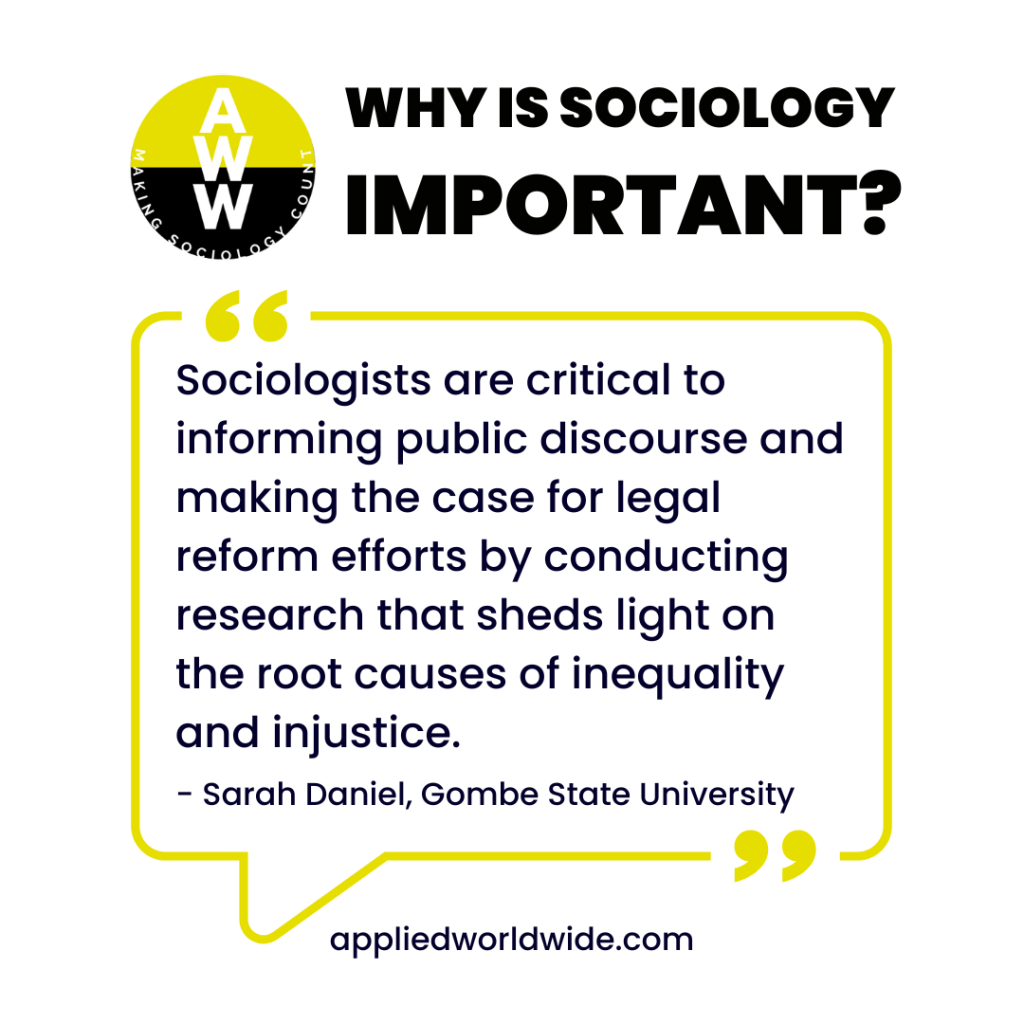
Sociologists are critical to informing public discourse and making the case for legal reform efforts by conducting research that sheds light on the root causes of inequality and injustice. Interdisciplinary collaboration is important in this effort, as sociologists can work with legal experts, practitioners and activists to develop holistic strategies that help address issues in the system. Through collaborating with policymakers and legal practitioners, sociologists can use their research findings to advocate for evidence-based changes that promote social justice and equity
Conclusion
Sociology is a lens through which we better understand the complexities of power dynamics. By scrutinizing the social structures and norms that shape legal structures, sociology exposes us to the inequalities across race, class, and gender that impede equitable access to justice. Sociology is important in exposing injustices in the system. By acknowledging and disrupting these power dynamics, sociology has the full potential to promote social change towards a just and equitable legal system.
References
- Bradwell v. The State, 83 U.S. 130 (1872). (n.d.). Justia Law. https://supreme.justia.com/cases/federal/us/83/130/
- Fersch, P. (2024, February 20). Gender bias in the courts: Women are not believed. Forbes. https://www.forbes.com/sites/patriciafersch/2023/04/05/gender-bias-in-the-courts-women-are-not-believed/?sh=64fc0359751b
- FindLaw. (n.d.). HOYT v. FLORIDA, 368 U.S. 57 (1961) | FindLaw. Findlaw. https://caselaw.findlaw.com/court/us-supreme-court/368/57.html
- Gerlach, P., Teodorescu, K., & Hertwig, R. (2019). The truth about lies: A meta-analysis on dishonest behavior. Psychological Bulletin, 145(1), 1–44. https://doi.org/10.1037/bul0000174
- Gideon v. Wainwright, 372 U.S. 335 (1963). (n.d.). Justia Law. https://supreme.justia.com/cases/federal/us/372/335/
- Highest to lowest – prison population total | World Prison Brief. (n.d.). https://www.prisonstudies.org/highest-to-lowest/prison-population-total?field_region_taxonomy_tid=All
- Plessy v. Ferguson (1896). (n.d.). LII / Legal Information Institute. https://www.law.cornell.edu/wex/plessy_v_ferguson_(1896)
- Racial differences in arrests. (n.d.). U.S. GAO. https://www.gao.gov/products/ggd-94-29r
- Warren McCLESKEY, Petitioner v. Ralph KEMP, Superintendent, Georgia Diagnostic and Classification Center. (n.d.). LII / Legal Information Institute. https://www.law.cornell.edu/supremecourt/text/481/279
Meet our 2023 Global Student Essay Competition Sponsors!
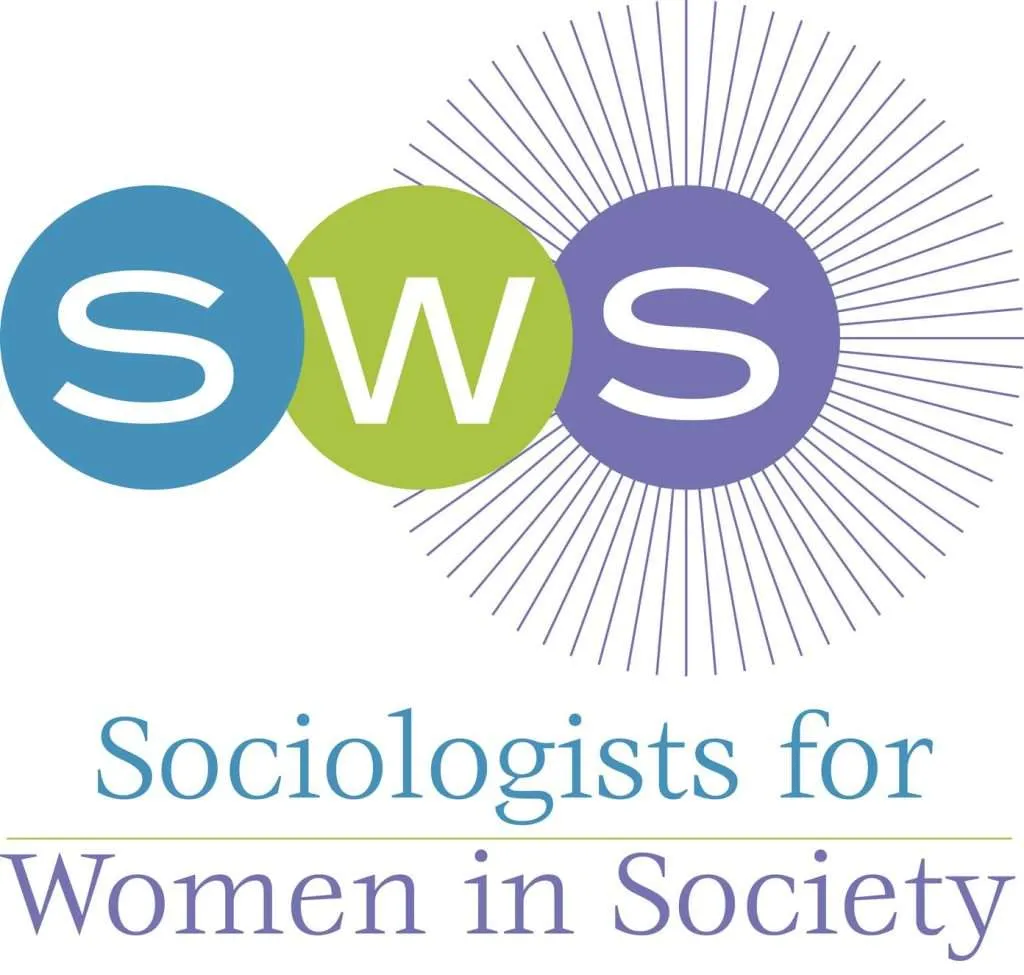
Sociologists for Women in Society is a nonprofit professional feminist organization dedicated to:
- Transforming the academy and professional organizations, including our own, by actively supporting feminist leadership and advancing career development of feminist scholars.
- Recognizing that structural inequalities impact those marginalized by their identities and that this requires proactively promoting the creation of inclusive institutional spaces in an ongoing manner and by practicing critical reflexivity.
- Advocating and encouraging the development of sociological feminist theory rooted in intersectionality and cutting-edge research for publication and dissemination.
- Promoting social justice research within local, national, and international activist spaces by supporting scholar-activist communities seeking to dismantle intersecting systems of oppression.

The Center for Equity Education (CFEE), established in 2020 as a 501(c)(3) nonprofit, addresses a gap in expert-led education for organizations, especially those with limited resources. At CFEE, our mission revolves around empowering organizations with comprehensive knowledge on federal and state civil rights, specializing in harassment and discrimination, including sexual harassment.

Hartman Castle Preservation Corporation, a 501c3 non-profit, is a A community grassroots movement formed to purchase and preserve the Hartman Castle in Gunnison, CO
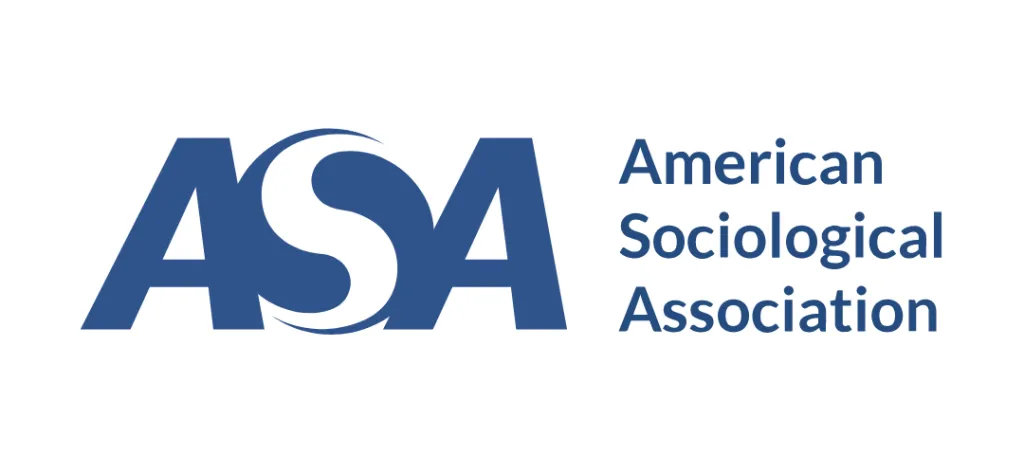
The purpose of the American Sociological Association’s Section on Sociological Practice and Public Sociology is to advance sociologically-informed research and practice, to further public discussion of sociological issues, and to promote the use of sociology to inform public policy.

Island Acres Resort Motel is a restored authentic 1950s lodging property in the style of the tourist court motel. Embracing the appeal of a bygone era, where history blends with hospitality.
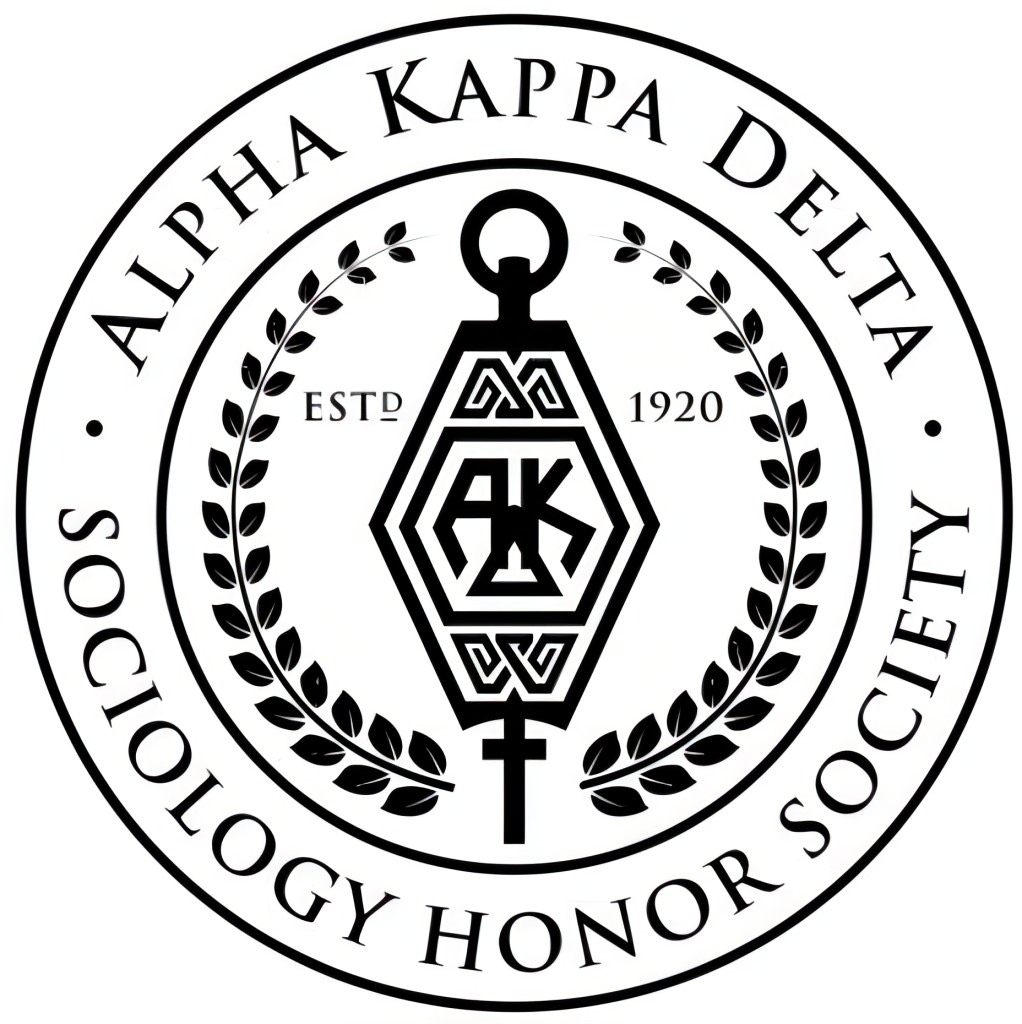
Alpha Kappa Delta, the International Sociology Honor Society, seeks to acknowledge and promote excellence in the scholarship in the study of social problems, sociology, and intellectual activities that lead to the improvement in the human condition.
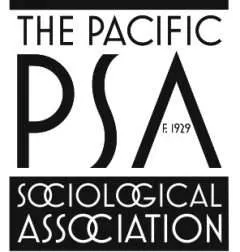
The Pacific Sociological Association is committed to serving sociologists, faculty, applied professionals, and students. We strive to create a professional community that reflects the diversity of our region and enhances the diversity of our discipline. We are committed to inclusivity and equity in our organization, to promoting social justice by examining and challenging the structural and institutional barriers in our discipline, and to building pathways for the next generation of sociologists.

The Association for Applied and Clinical Sociology (AACS) promotes applying social scientific knowledge and methods to develop constructive solutions. We provide educational, programmatic, mentoring, networking, and policy resources in a supportive professional community.

